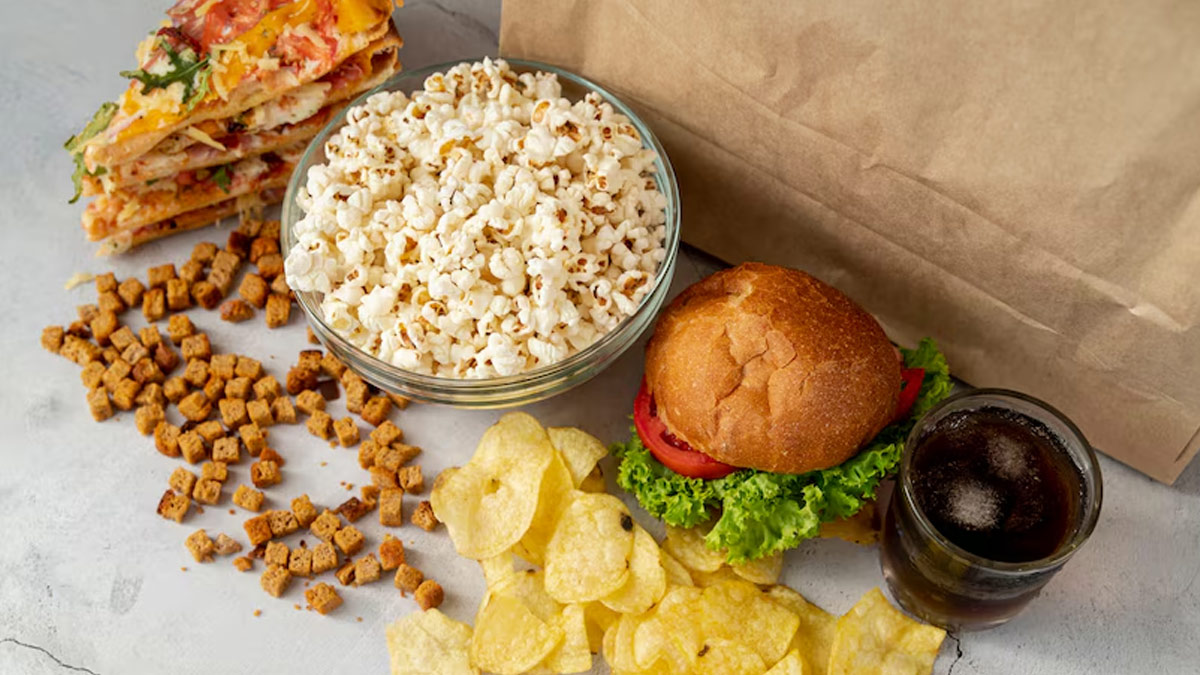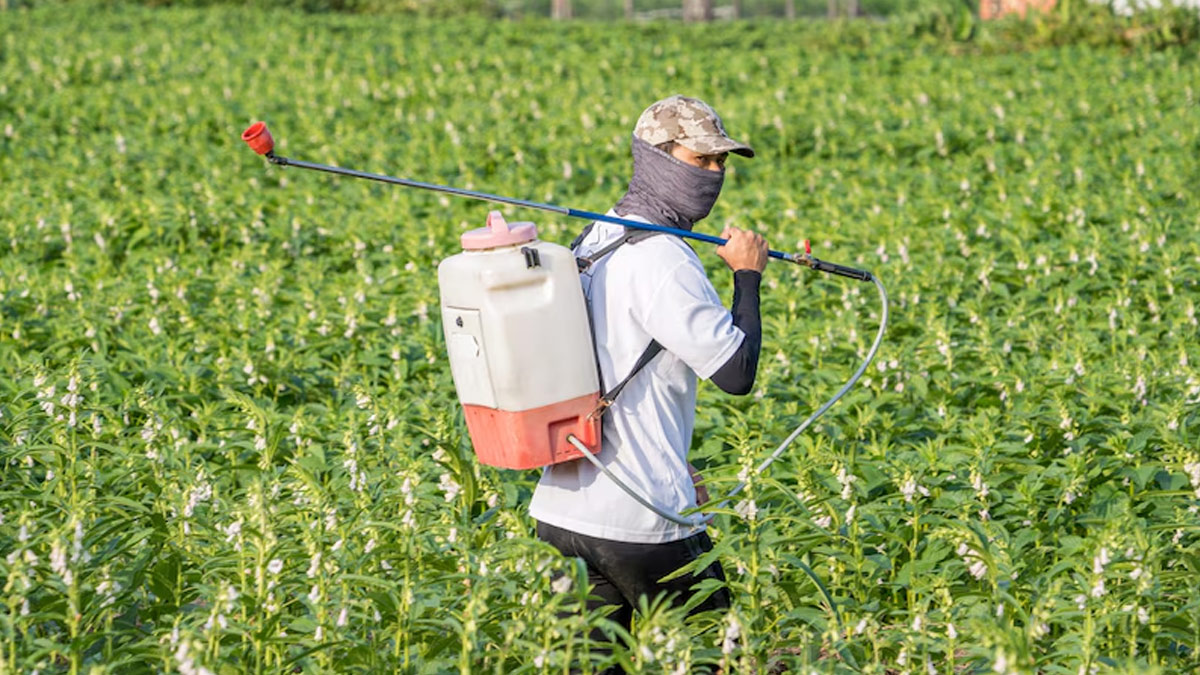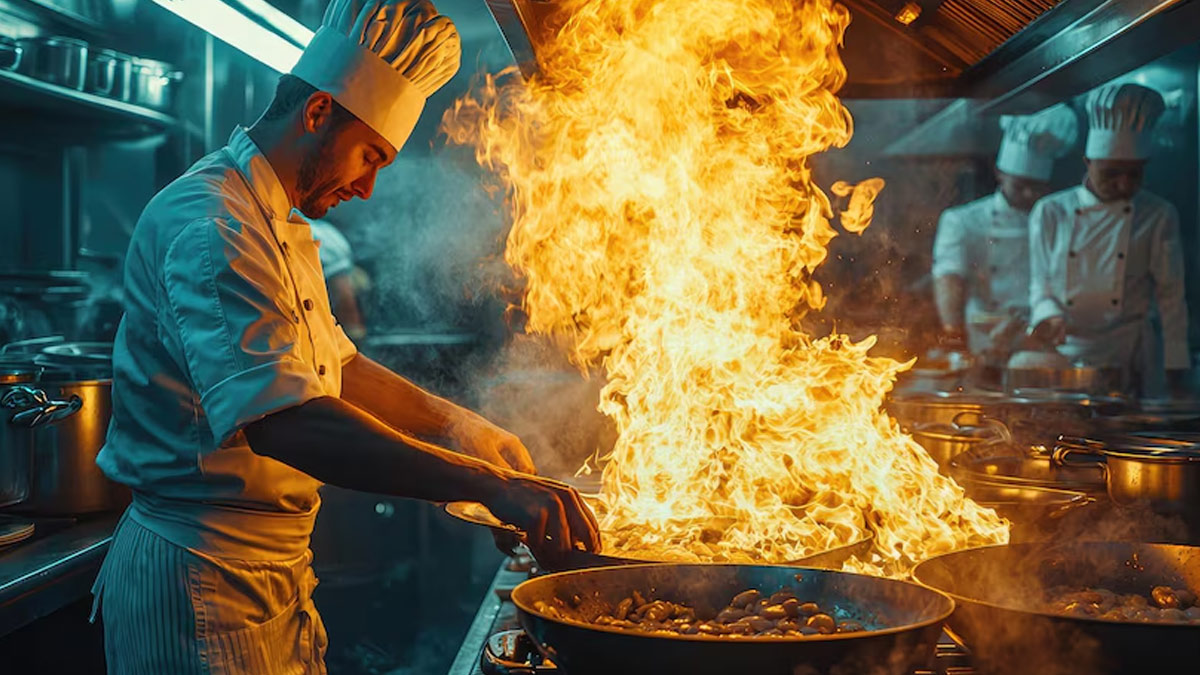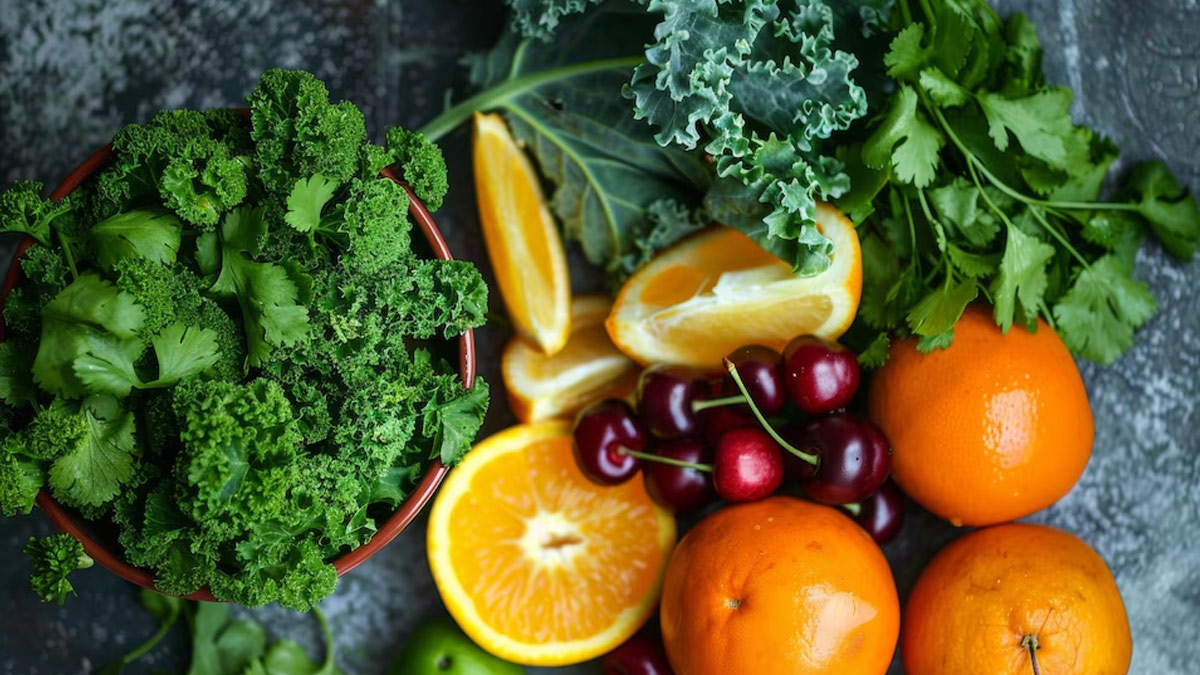In recent decades, the global transformation in dietary habits and food production practices has raised significant concerns about the increasing risk of cancer. Our food choices, along with the methods used to grow, process, and prepare what we eat, profoundly influence our long-term health. According to the World Health Organization (WHO), approximately 20% of cancers are linked to being overweight, an issue closely tied to modern dietary trends.
Dr Ashok Kumar Vaid, Chairman, Cancer Institute, Medanta, Gurugram, at the Poshan Summit 2024 of OnlymyHealth, highlighted the critical connection between our diets and the rising incidence of cancer. “While tobacco is often cited as a leading cause of cancer, we must also consider the impact of obesity,” he explains. The transition from traditional vegetarian diets to a greater reliance on non-vegetarian and processed foods has been a significant factor in this growing epidemic, as these dietary shifts are driving an increase in obesity and, consequently, cancer risks.
The Role of Processed Foods

The shift towards processed foods has dramatically reshaped the nutritional landscape. Today, ready-to-eat meals, sugary snacks, unhealthy fats, and various additives have become dietary staples. Dr Vaid points out, “Our diets have evolved from primarily vegetarian options to non-vegetarian choices, and now to heavily processed foods.” These highly processed products are often stripped of essential nutrients and are linked to obesity—a risk factor for several types of cancer, including breast, colon, and kidney cancers.
Furthermore, processed foods are frequently loaded with preservatives, chemicals, and artificial ingredients, complicating their impact on health. The long-term consumption of these foods can elevate cancer risk by promoting inflammation, oxidative stress, and hormonal imbalances—all known contributors to cancer development.
Also read: Lifestyle Tips That Can Reduce Your Risk Of Kidney Cancer
The Impact of Agricultural Practices

Modern agricultural techniques have raised serious concerns about food safety and its correlation with cancer. Dr Vaid emphasises, “The practices of farmers hundreds of kilometres away, including the feed given to livestock, can have direct consequences for our health and may contribute to cancer risks.” The extensive use of pesticides, insecticides, and antibiotics in agriculture contaminates the food supply, exposing consumers to harmful chemicals.
These substances can accumulate within the food chain, meaning that even plant-based foods, traditionally seen as safe, may contain harmful residues. Livestock is often fed grain treated with chemicals, and the application of growth hormones in animal farming can introduce carcinogenic substances into our diets.
High-Temperature Cooking and Food Preservation

It is not only what we consume that matters but also how we prepare our food, as cooking methods can influence cancer risk. Techniques such as grilling, frying, or roasting at high temperatures can produce carcinogens like heterocyclic amines (HCAs) and polycyclic aromatic hydrocarbons (PAHs). Dr Vaid warns, “Cooking foods at high temperatures poses cancer risks,” highlighting the dangers associated with consuming charred or overcooked meats and vegetables.
Additionally, certain food preservation methods, including pickling and salting, have been linked to an increased risk of cancers, especially those affecting the stomach. Dr Vaid notes, “Methods like refrigeration, pickling, and high salt content are associated with a higher incidence of food-related cancers.” While traditional preservation techniques have their merits, modern practices often involve excessive salt, which can harm the stomach lining and elevate cancer risk over time.
Also read: Lifestyle Changes To Prevent Cancer, Expert Explains
The Importance of Greens and Fruits

Despite these risks, one straightforward and effective dietary change can significantly reduce cancer risks: increasing our intake of fruits and vegetables. “Incorporating greens and fruits into our diets is vital for cancer prevention,” emphasises Dr Vaid. These foods are rich in antioxidants, fibre, vitamins, and minerals, all of which contribute to reducing inflammation, neutralising free radicals, and bolstering the body’s natural defences against cancer.
A diet abundant in plant-based foods can help detoxify the body from harmful chemicals, facilitate healthy weight management, and enhance the immune system.
Conclusion
The relationship between diet and cancer risk is becoming increasingly evident. Modern eating habits and food practices—ranging from the prevalence of processed foods to high-temperature cooking and contaminated agricultural practices—are contributing to the global rise in cancer cases. However, by making informed food choices and favouring fresh fruits, vegetables, and minimally processed items, we can substantially lower our risk of developing cancer. The future of our health lies in the choices we make today regarding our diets and the way our food is cultivated and prepared.

